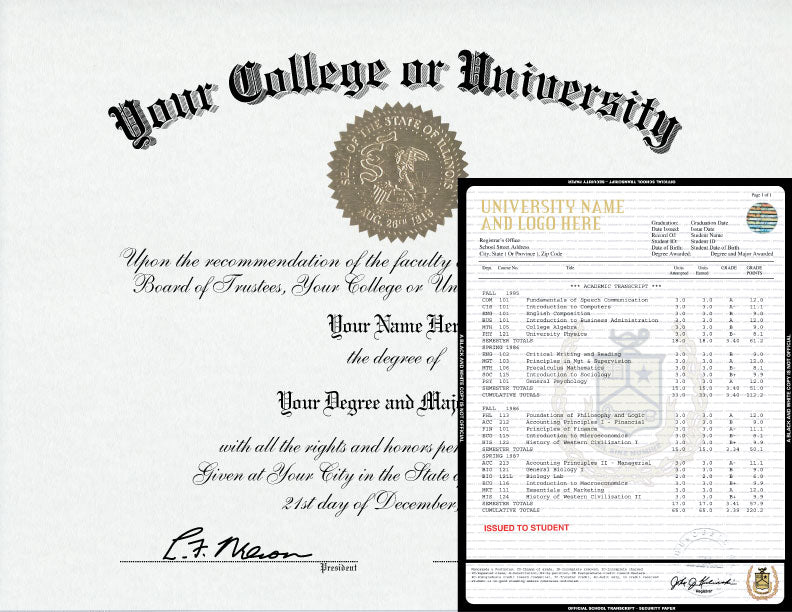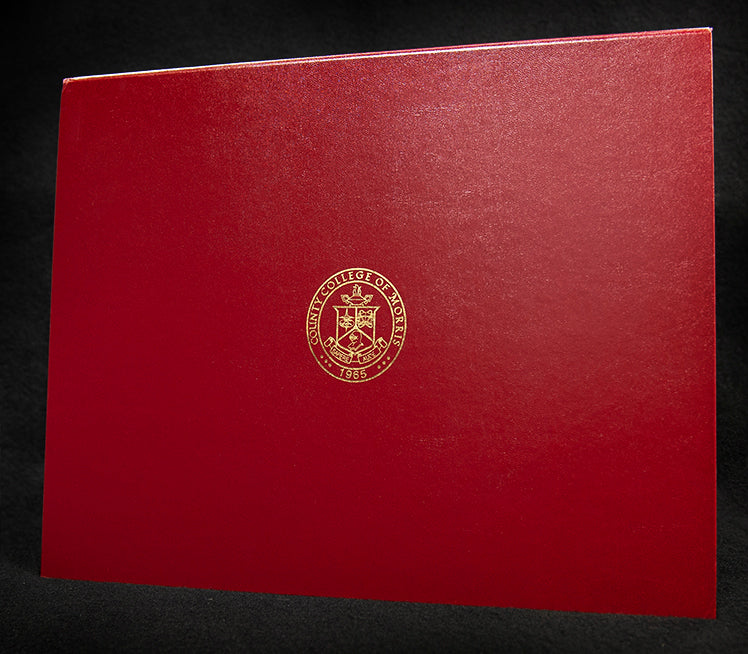What’s the Difference Between a Bachelor of Arts and a Bachelor’s Degree?

When planning for higher education, one of the most common points of confusion for students is understanding the various types of college degrees. Among these, the Bachelor of Arts (BA) often raises questions: How does it differ from a regular bachelor’s degree? Is it less rigorous? Does it lead to fewer job opportunities?
In truth, the Bachelor of Arts is not an alternative to a bachelor's degree—it is a bachelor’s degree. The confusion arises because “bachelor’s degree” is a broad term that encompasses several distinct types of undergraduate degrees. These include the Bachelor of Arts (BA), Bachelor of Science (BS), Bachelor of Fine Arts (BFA), and several others depending on the institution and area of study.
At HeyCongrats.com, our mission is to help students navigate these academic distinctions with clarity and confidence. In this article, we’ll examine how a Bachelor of Arts differs from other types of bachelor’s degrees, how it is structured, and what kinds of careers it prepares you for.
Understanding the Term “Bachelor’s Degree”
A bachelor’s degree is an undergraduate academic degree awarded by colleges and universities upon completion of a course of study lasting approximately four years. It is the standard credential for entry-level careers in many fields and serves as the foundation for graduate-level education.
There are several types of bachelor’s degrees, including:
- Bachelor of Arts (BA)
- Bachelor of Science (BS)
- Bachelor of Fine Arts (BFA)
- Bachelor of Applied Science (BAS)
- Bachelor of Business Administration (BBA)
Each degree type reflects the subject matter and educational philosophy of the program.
What Is a Bachelor of Arts (BA)?
The Bachelor of Arts is a bachelor’s degree awarded to students who complete an undergraduate program focused on the liberal arts and humanities. The BA emphasizes critical thinking, communication, theoretical analysis, and a broad understanding of cultural, historical, and social contexts.
Typical BA Majors Include:
- English
- History
- Psychology
- Political Science
- Philosophy
- Sociology
- Anthropology
- Communication Studies
- Foreign Languages
- Art History
While these programs can include quantitative coursework, the focus is generally more on analytical writing, interpretive reasoning, and flexible thinking.
How a Bachelor of Arts Differs from Other Bachelor’s Degrees
The distinction between a BA and, for example, a Bachelor of Science (BS) often comes down to curriculum structure and educational objectives, rather than difficulty or value.
1. Coursework Emphasis
- Bachelor of Arts (BA):
- Focuses on a broader liberal arts education
- Requires more electives and general education courses outside the major
- Encourages exploration across disciplines such as history, language, and philosophy
- Bachelor of Science (BS):
- Focuses on technical or scientific skill development
- Often has more required courses within the major or related quantitative fields
- Emphasizes data, research, and analytical methodology
2. Career Preparation
A BA prepares students for careers that value creativity, writing, interpersonal communication, and analysis of complex ideas. These skills are critical in industries such as:
- Media and journalism
- Education
- Public relations
- Law and public policy
- Social work
- Human resources
- International relations
While a BS may be more common in STEM fields (e.g., engineering, nursing, data science), many professions accept either a BA or BS, depending on how the degree program is structured.
3. Flexibility and Customization
BA programs typically allow students more freedom to double-major or select minors and electives outside of their main area of study. This flexibility can be ideal for students who are still exploring career paths or who want a well-rounded academic experience.
Is a Bachelor of Arts Right for You?
Choosing the right college degree depends on your goals, interests, and strengths—not just the title of the degree. Here are a few questions to help you decide if a BA might be a good fit:
- Do you enjoy reading, writing, and critical analysis?
- Are you interested in how culture, society, and politics shape human behavior?
- Do you want to develop strong communication and reasoning skills?
- Are you considering graduate school in law, education, counseling, or the arts?
If you answered “yes” to any of these, a BA may align well with your interests and aspirations.
Common Misconceptions About the Bachelor of Arts
“A BA is less valuable than a BS.”
This is a myth. Employers value a candidate’s overall capabilities, including their communication, problem-solving, and teamwork skills. Many successful professionals in business, law, marketing, and public service hold BAs.
“A BA limits my job options.”
On the contrary, a BA provides a versatile foundation. While it may not qualify you for technical roles that require specific training, it opens doors in fields that value thought leadership, writing, and strategic insight.
Final Thoughts: It’s About the Fit, Not the Label
In the end, the difference between a Bachelor of Arts and other types of bachelor’s degrees comes down to structure and academic focus—not superiority. Each type of degree serves a distinct purpose, and neither is “better” than the other. What matters most is choosing the degree that aligns with your personal strengths and long-term goals.
At HeyCongrats.com, we’re here to help you make those decisions with confidence. Whether you’re comparing college degrees, exploring certificate programs, or preparing for graduation, we offer tools, guides, and insights designed to help you thrive at every step of your academic journey.




